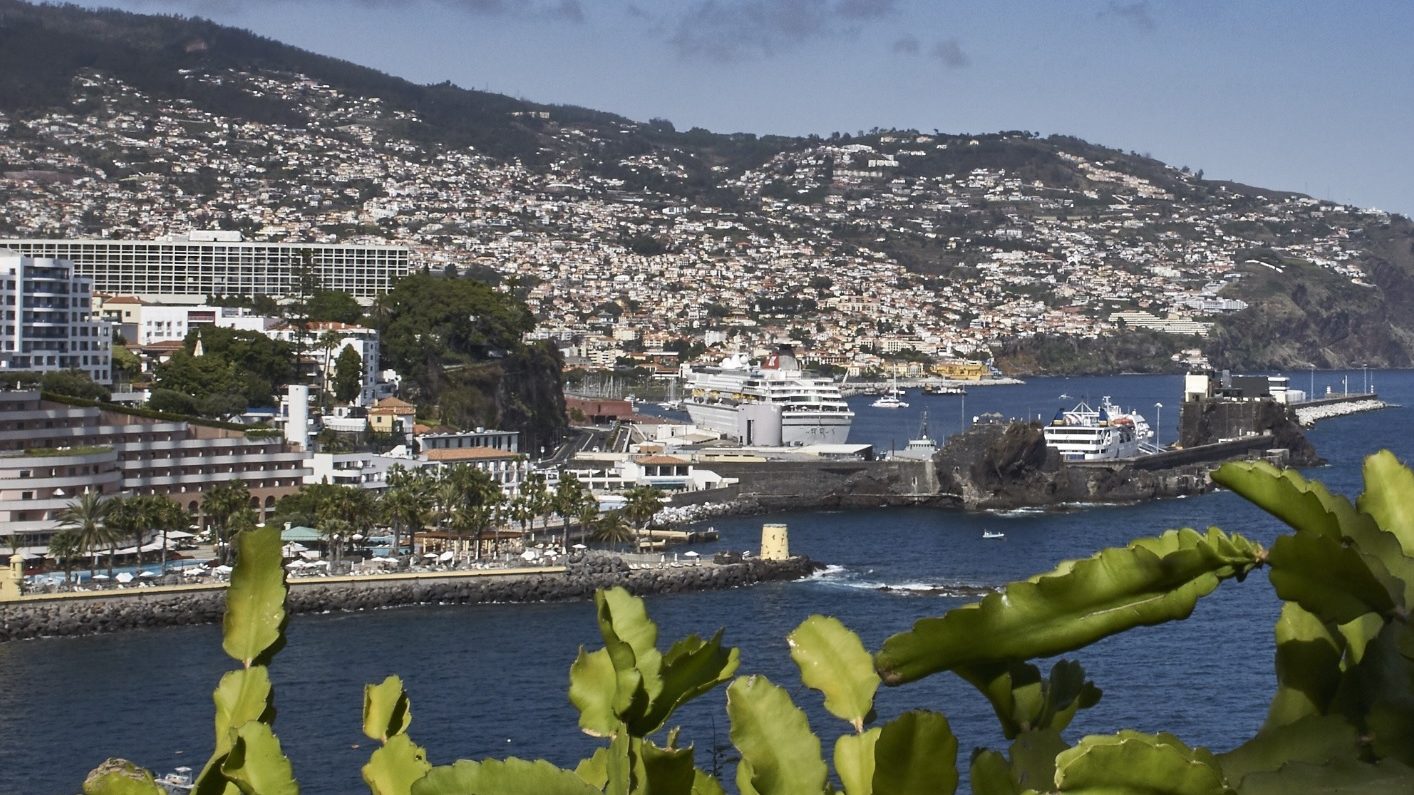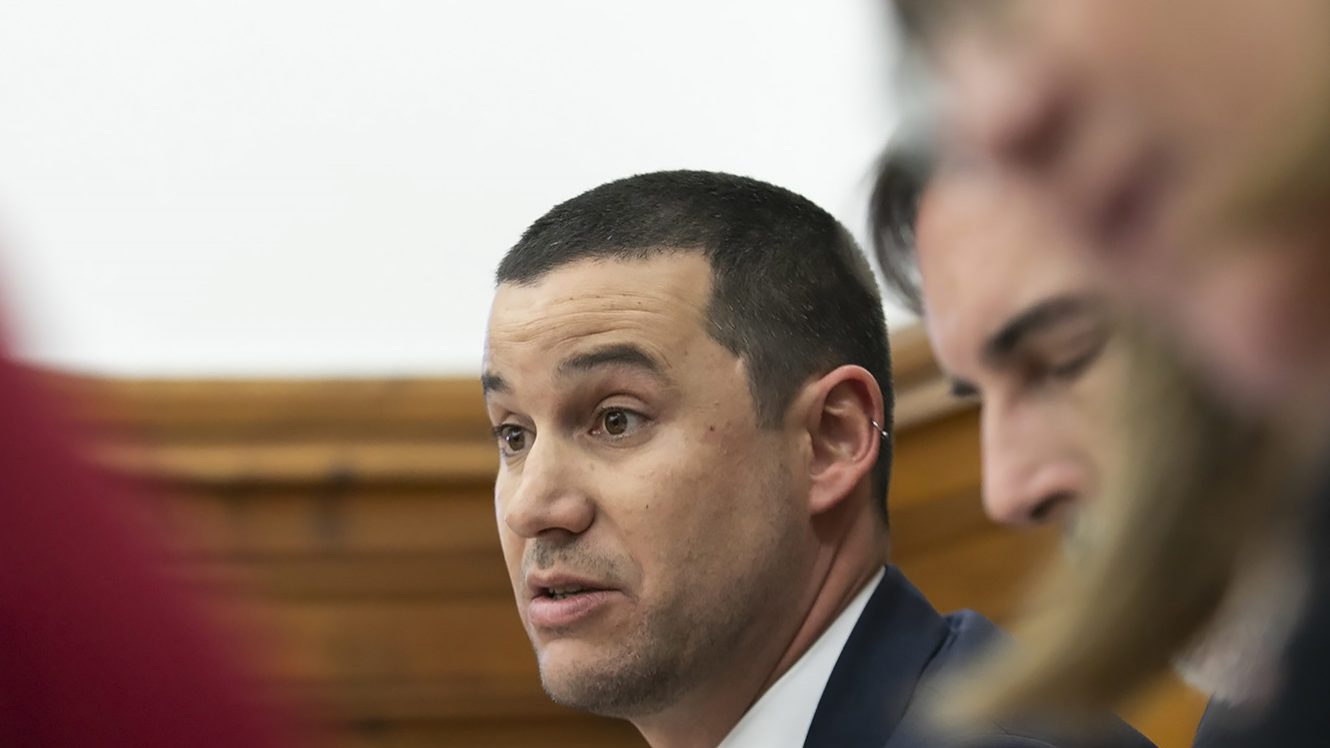EU has learned from ‘mistakes’ made in pandemic first wave – minister
Portugal's minister of foreign affairs said that European Union member states made "some mistakes" during the first wave of the pandemic.
Portugal’s minister of foreign affairs, Augusto Santos Silva, acknowledged on Tuesday that European Union member states made “some mistakes” during the first wave of the Covid-19 pandemic, but said that they are now acting on what was learned at that time.
“In the first wave we made some mistakes, but we are reacting positively, with important leadership from the European Commission, coordinating measures, accelerating vaccine production and implementing a vaccination strategy,” Santos Silva said, in comments in Berlin after a meeting with his counterparts from Germany and Slovenia, with which Portugal forms a trio of six-month EU Presidencies.
Earlier, Germany’s foreign minister, Heiko Maas, also said that the EU was “learning from its mistakes” and was now “better prepared, for example in the distribution of equipment” that is essential to combatting the pandemic.
“There are many things that didn’t go so well in the first wave [but] from experience and from mistakes we are learning,” he said. “We saw that closing the borders offered only limited help.”
According to Santos Silva, EU countries are “exemplary” in planning vaccine distribution, as compared with China and the US.
“We have succeeded in creating a group of countries to speed up the process of producing a vaccine that could be a universal public good,” he said. “All the European Union’s processes and decisions have gone in that direction; all countries have to do their part.”
Portugal, he said, will set aside vaccines for Portuguese-speaking countries in Africa and Asia. He did not give figures.
“The criteria are clear,” he went on. “The priority is risk groups and people who are at the forefront of the fight against the virus, and we must also use the age criterion.
“We cannot distinguish between nationalities; we have to start with the old people in Europe, Africa, Latin America,” he said. “Young people in Europe can wait, just as in Africa and Latin America.”
He added, however, that the largest number of vaccines available to the EU would be reserved for Europeans.
Santos Silva was taking place in a panel on ‘Turning Crisis into Opportunity? Europe in a (Post-) Pandemic World Order’ aimed at highlighting the importance of using the economic recovery from the pandemic to transform the economy and society, with a “green transition” and digital transition.
“This crisis, the need to accelerate recovery, to safeguard the internal market, must also be seen as an opportunity to transform our economy into a more digital and greener form, and to strengthen our social solidarity, which forms the basis of our democracies,” he said.
On 1 January Portugal takes over its fourth Presidency of the Council of the European Union. The previous ones were in 1992, 2000 and 2007, during which it concluded important EU agreements and helped extend relations with Africa.
The presidency, which is to run through the first half of 2021, will have as its priorities the EU budget for 2021-2027, the post-pandemic Recovery Fund and dealing with the aftermatch of the UK’s departure from the bloc.


